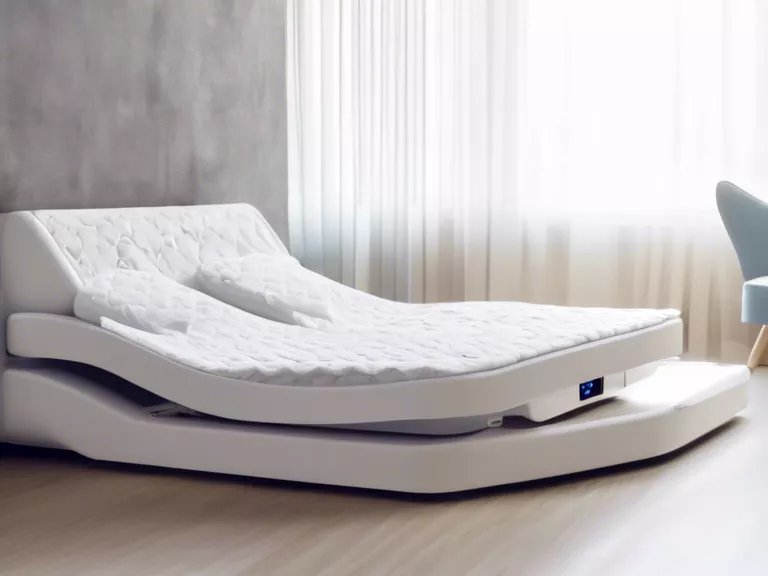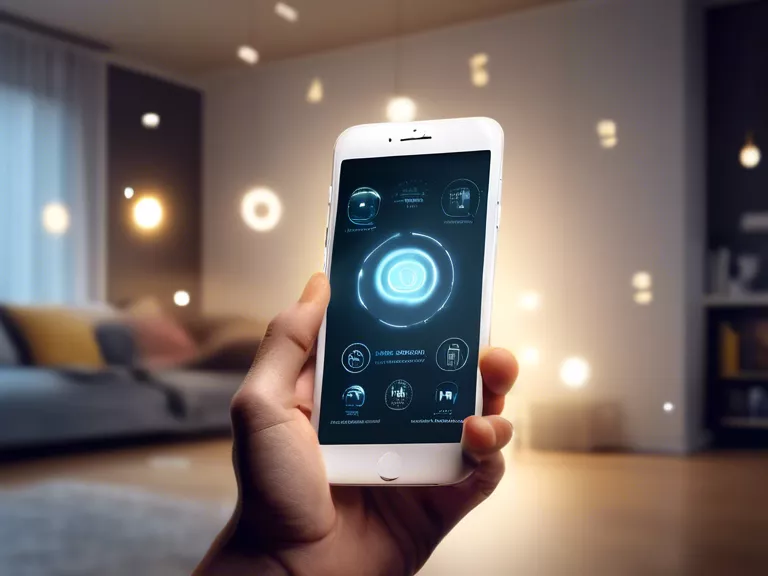
Smart beds are revolutionizing the way we sleep by combining advanced technology with traditional comfort to improve sleep health and monitor patterns. These beds are equipped with sensors, trackers, and other mechanisms that seamlessly integrate into our daily routines to provide valuable insights into our sleep habits.
One of the key roles of smart beds is to enhance the overall sleep experience. By using sensors to detect body position, heart rate, and breathing patterns, smart beds can adjust firmness, temperature, and even lighting to create the perfect sleep environment. This personalized approach ensures that individuals can achieve a deeper and more restful sleep each night.
In addition to improving sleep quality, smart beds also play a crucial role in monitoring sleep health. By tracking metrics such as time spent in each sleep stage, heart rate variability, and movement during the night, these beds can provide valuable data that can help individuals better understand their sleep patterns. With this information, users can make informed decisions about their sleep habits and make necessary adjustments to improve overall well-being.
Furthermore, smart beds can also alert users to potential health issues by detecting irregularities in sleep patterns or vital signs. For example, sudden changes in heart rate or breathing during sleep may indicate underlying health conditions that require medical attention. By providing early warnings, smart beds can help individuals seek timely medical intervention and prevent more serious health complications.
In conclusion, smart beds play a pivotal role in improving sleep health and monitoring by combining innovative technology with traditional sleep practices. With their ability to personalize the sleep environment, track vital metrics, and alert users to potential health concerns, smart beds are an invaluable tool for achieving better sleep and overall well-being.



